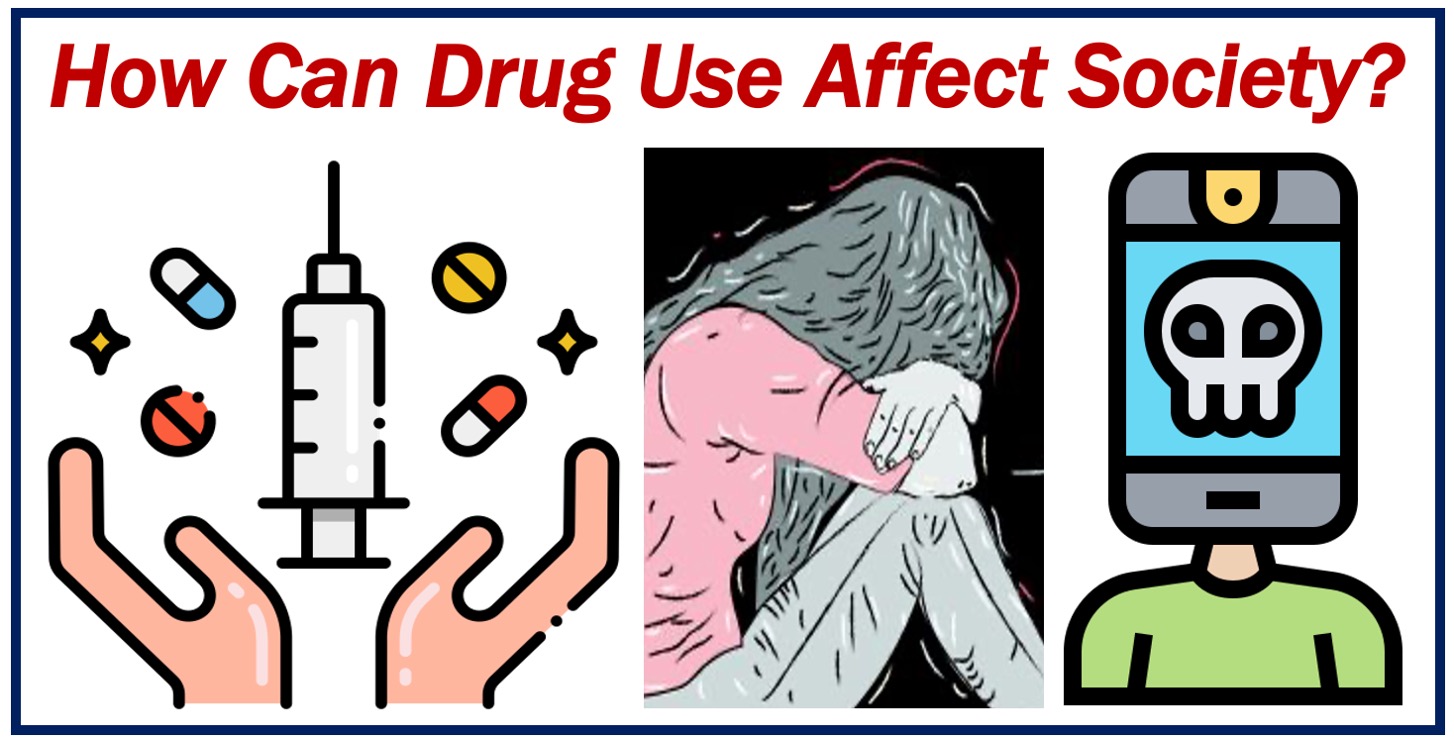One of the social consequences of using drugs is the damage they can do to people’s relationships. It can also affect the individual’s finances and home life. The social consequences of addiction are often the ones that are discussed the most. These social consequences can be minimal in some cases, but they are still genuine and damaging.

Addiction Affects Mental Health
Addiction is a severe problem that can affect a person’s physical and mental health. This condition affects the brain and behavior of a person and has no known cure. Therefore, people suffering from addiction must undergo rehabilitation to overcome the effects of addiction on their lives. In the process, they may suffer emotional trauma.
Addiction causes a variety of physical ailments, and brain chemistry changes when drugs and alcohol are used regularly. This causes people to develop depression, a common mental health complication. In addition, these changes may lead to a cyclical pattern of drug use.
Therefore, it makes sense to seek advice from a qualified medical expert like the ones from https://pinnaclerecoveryut.com/. Like untreated mental illness frequently results in death, substance abuse disorders can be fatal. Sadly, the stigma associated with addiction prevents many people from seeking treatment for themselves or those close to them.
Addiction Affects Relationships
Addiction can cause a lot of damage to relationships. It can cause the addict to distance himself from his family and friends. The person becomes distant and selfish, only thinking about the next fix. This is why finding ways to help the addict is so essential. There are many ways to help the addict, including therapy and medication.
The first casualty of addiction is trust within a relationship. If not addressed quickly, the loss of faith can be permanent. For example, an addict may steal from their partner to fund the addiction. Another way to lose trust is to lie.
Addiction Affects Finances
Addiction can cause a financial crisis for the person suffering from it. It can cost the person their job, house, and social support system. In severe cases, they may even become homeless. Not only is the financial impact on the individual devastating, but it can also cause the person to feel hopeless. This type of negative emotional state can then lead to more addiction.
Addiction can cause personal and financial problems that many people do not consider. It can impact living expenses, student loans, childcare, and even a person’s job. It can also result in financial problems for the person’s family members. This is why financial assistance is vital for recovering individuals.
Addiction Affects Home Life
Addiction can cause a variety of effects on a home. The addict’s behavior can change the household dynamics, making it difficult for the family to cope with the stress of a parent’s addiction. For example, children of an addict become less expressive and are more likely to hide from one another, fearing they might offend the addict or the other family members. This can cause marriage and children problems and lead to a dysfunctional family.
There is also the issue of family conflict, with conflict and disagreements between family members. Addicts also often feel guilty when not using and may distrust family members and friends. Sometimes, family members may even be angry at their partner for their behavior.
Addiction Affects Schooling
Addiction in adolescents is a severe problem that affects a student’s academic performance. Drugs have both short-term and long-term effects on young brains, and the social repercussions of drug use can increase the risk of behavioral and educational issues. Parents and students need to understand how substance abuse can affect a student’s schooling and take action when there are concerns. Text support is available for students free of charge and is a great way to get help when necessary.
Many of addiction’s psychological and behavioral effects begin before a person’s adolescent years. The brain is not fully developed at puberty and doesn’t mature until age twenty-four. In addition, repeated use of drugs can change how the brain functions, impacting academic learning, working memory, and processing information.
Interesting related article:

